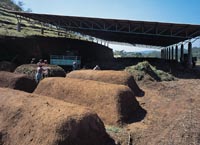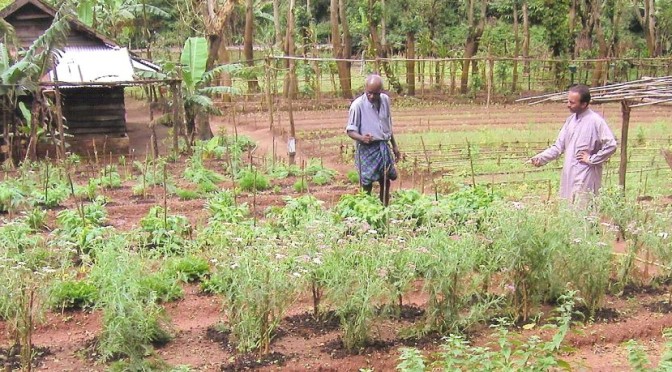The origins of Biodynamic Agriculture date back to a series of lectures delivered in 1924, by Austrian scientist and philosopher Dr Rudolf Steiner (1861-1925), on the initiative of German farmers. The series of eight lectures, known as ‘The Agriculture Course’, became the basis of a holistic approach that is now recognized as a variant of organic farming, yet, in evolutionary terms, light years ahead. Key to the method is the fusion of the concepts in Anthroposophy – Steiner’s spiritual doctrine that focuses on the nature of mankind and human development – with agricultural practice, elevating farming from the material level, and giving it a mystical dimension.
 Steiner had acknowledged his influences from the Vedas, had studied Indian scriptures, and had written a treatise on the Bhagvad Gita. Indeed, many of the essential principles of Biodynamic Agriculture mesh seamlessly with Vedic agricultural practices: Indian farmers respond instinctively to the concept of the ‘Planting Calendar’, following the almanac, and knowledge of planetary and cosmic rhythms and their influence on plants is used to plan agricultural activities.
Steiner had acknowledged his influences from the Vedas, had studied Indian scriptures, and had written a treatise on the Bhagvad Gita. Indeed, many of the essential principles of Biodynamic Agriculture mesh seamlessly with Vedic agricultural practices: Indian farmers respond instinctively to the concept of the ‘Planting Calendar’, following the almanac, and knowledge of planetary and cosmic rhythms and their influence on plants is used to plan agricultural activities.

